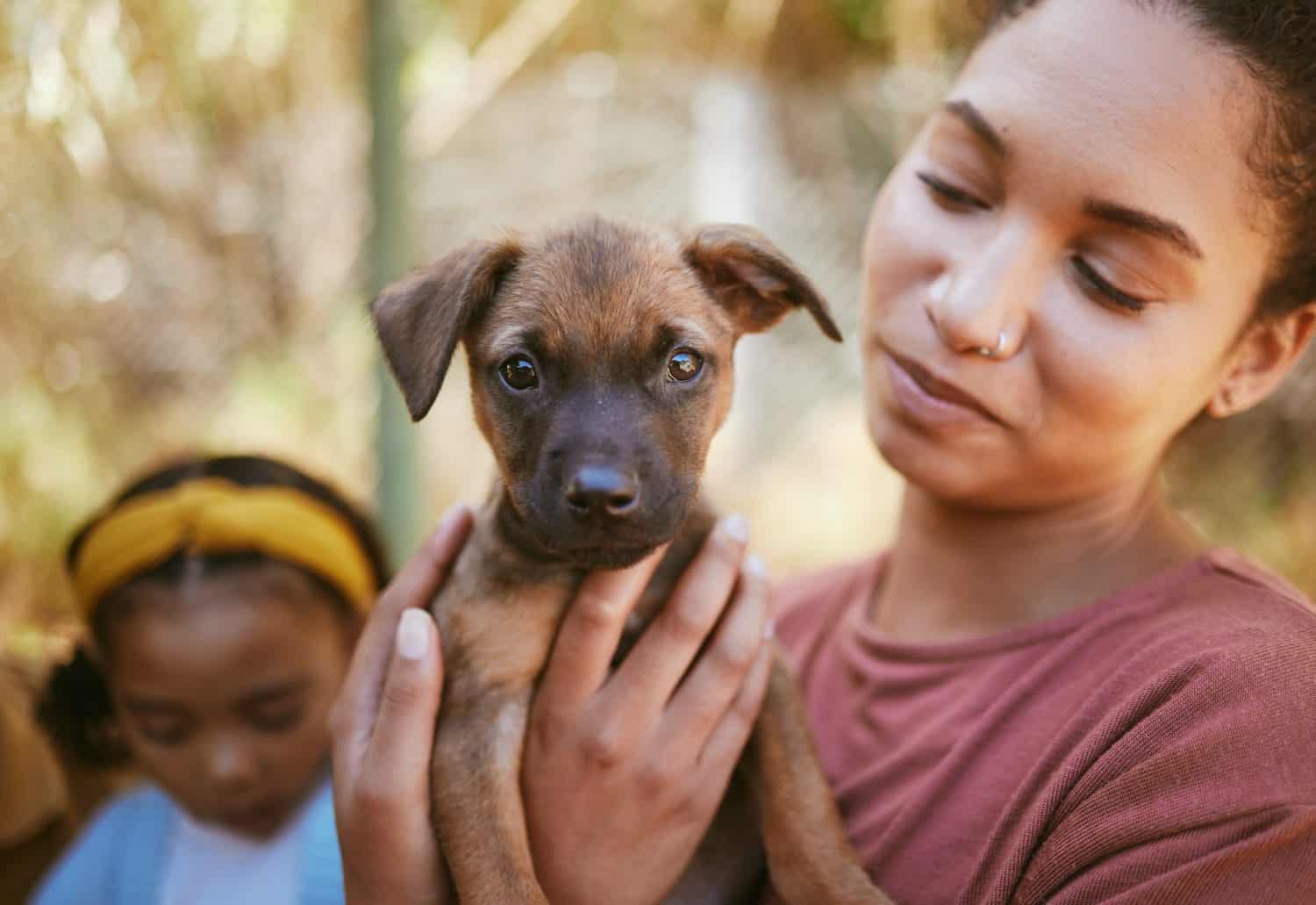It’s time to bring a furry friend home. But now that you’ve decided to buy a puppy, there are some questions you should ask yourself and some you should ask your breeder. While puppies bring boundless joy and energy to your home, they are also a hefty responsibility. Before diving head-first into this long-term commitment, make sure you cover the basics.
Your lifestyle and the new puppy’s temperament should match. All puppies are cute, but not all dog breeds are meant for you. While you can always adopt a puppy, you may choose to work with a breeder. In that case, you should have several questions prepared to ensure you purchase a healthy pup. (Also Read 20 Dogs That Stay Puppies the Longest)
To compile this list of the 10 questions to ask before buying a puppy, 247 Tempo reviewed several sites, including the American Kennel Club and Reddit, where breeders post about their processes and puppies.
1. Ask Yourself: What Is the Breed Best Suited For My Lifestyle?

Like picking a partner, picking a pet requires compatibility. If you lead a sedentary lifestyle, you are likely to get frustrated with the demands of an active dog, no matter how much you appreciate the breed. Be honest with yourself—consider your lifestyle and the breed that is best suited.
If you want a lap dog, try a chihuahua, Havanese, or Maltese. These pups are content staying home for the most part and aren’t going to be itching to get out the door to release immense amounts of energy. If you’re an active person, consider a dog that can keep up with you. Breeds like the American Staffordshire terrier, a Dalmatian, or a greyhound are all happy to keep you active and join you on your adventures.
2. Ask Your Breeder: Can I See the Puppy’s Parents?
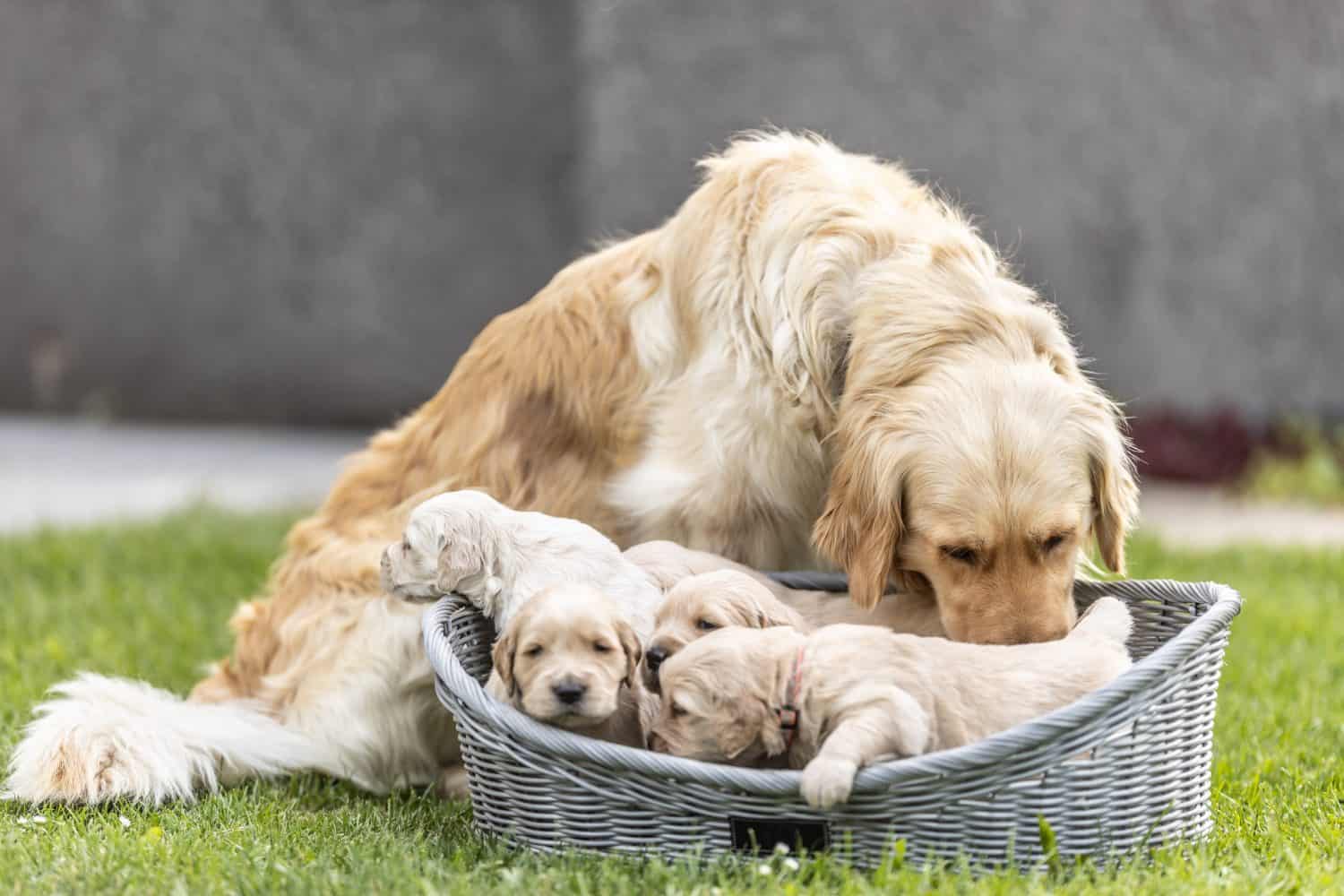
This question lifts the veil and a reputable breeder is happy to be transparent. When you get a chance to meet the puppy’s parents, you gain insight into how healthy they are. You can ask more questions about them, and learn if there are any heritable diseases that your puppy may contract.
Unfortunately, some breeders may try to keep the puppy’s parents from view to hide health problems. When you are able to witness the puppy with its mother, you minimize the risk of purchasing a puppy that has severe health issues (which can result in exorbitant veterinary costs and heartbreak following their death).
3. Ask Yourself: What Am I Looking For in a Dog?

A good breeder can alert you of temperament. For example, if you’re looking for a service dog, a breeder can let you know if one of the puppies from an available litter would make a good fit. It’s much too easy to fall in love with the appearance of a new puppy, but you must consider what your needs are.
If you are looking specifically for a service or emotional support pup, then you must consider their temperament. If your interest is in a family dog that’s safe around small children, you’re not just considering temperament—you’re also considering size.
4. Ask Your Breeder: Can I See the Environment Where the Puppies Are Kept?
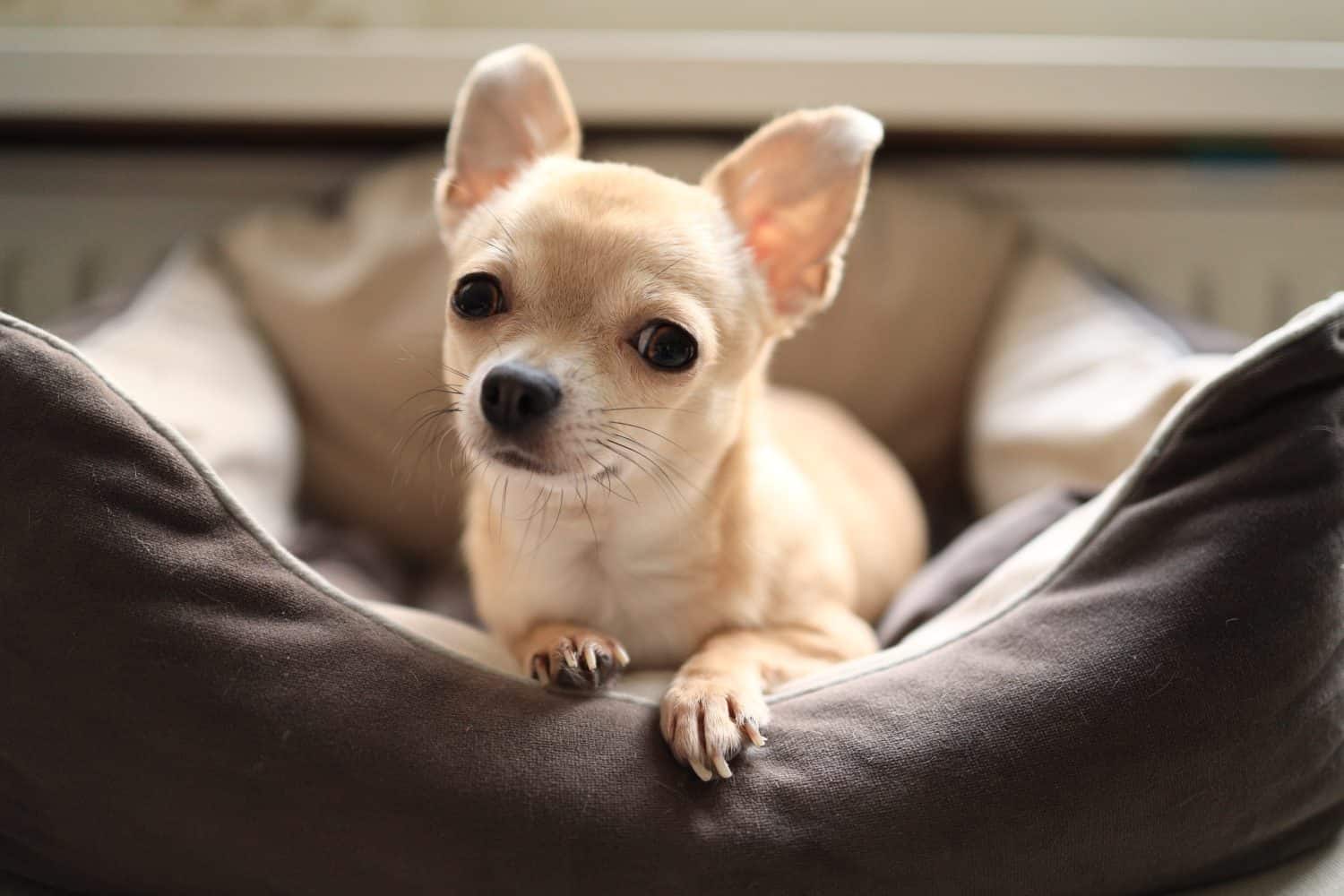
When puppies are first born, their environmental temperature must stay within a certain range. The first two months following the birth of puppies, a breeder has a lot of responsibility. They take care of the mother, cleaning her up, and keep her whelping box clean as well. The mother takes on the brunt of the responsibility as she keeps her babies well fed and protected.
A breeder must check for any abnormalities and should keep an eye on the puppies to make sure they are eating well, they’re keeping warm, and they’re healthy. When you get a chance to look at the environment where the puppies are kept, you gain insight into how well taken care of they are.
5. Ask Yourself: Can I Afford All Expenses Related to Dog Ownership?

The excitement of a new puppy could cause you to overlook the financial responsibility of owning a dog. These are long-term commitments. While some of the costs related to dog ownership are obvious, there are some expense you may not even consider down the road. For example, if your puppy develops a behavioral issue, you may need to work with a trainer who can help your pup improve.
You may need to travel for work and need to pay a pet sitter or a pet boarding facility to care for your pup while you’re away. Some of the standard expenses related to dog ownership include vet fees, flea and tick prevention, grooming, food, treats, beds, and toys. There’s one service that can you save you thousands when you face an accident or illness: pet insurance.
6. Ask Your Breeder: How Has the Puppy Been Socialized?
Socialization is crucial for puppies. During this period, they learn to interact with other animals and humans. They explore different activities safely, which prepares them to handle a host of different environments. This process minimizes any fear they may feel or any aggression they may develop. Proper socialization also exposes puppies to different sounds.
When a puppy is well socialized, you can bring it home knowing that they have gained confidence, they exhibit good behaviors, and they can handle a variety of new situations. Although you must continue the process, puppies with appropriate early socialization tolerate new situations much more easily. In contrast, without proper socialization, your puppy may become fearful and anxious, resulting in a range of destructive behaviors.
7. Ask Yourself: What Diseases Is the Puppy Susceptible To?
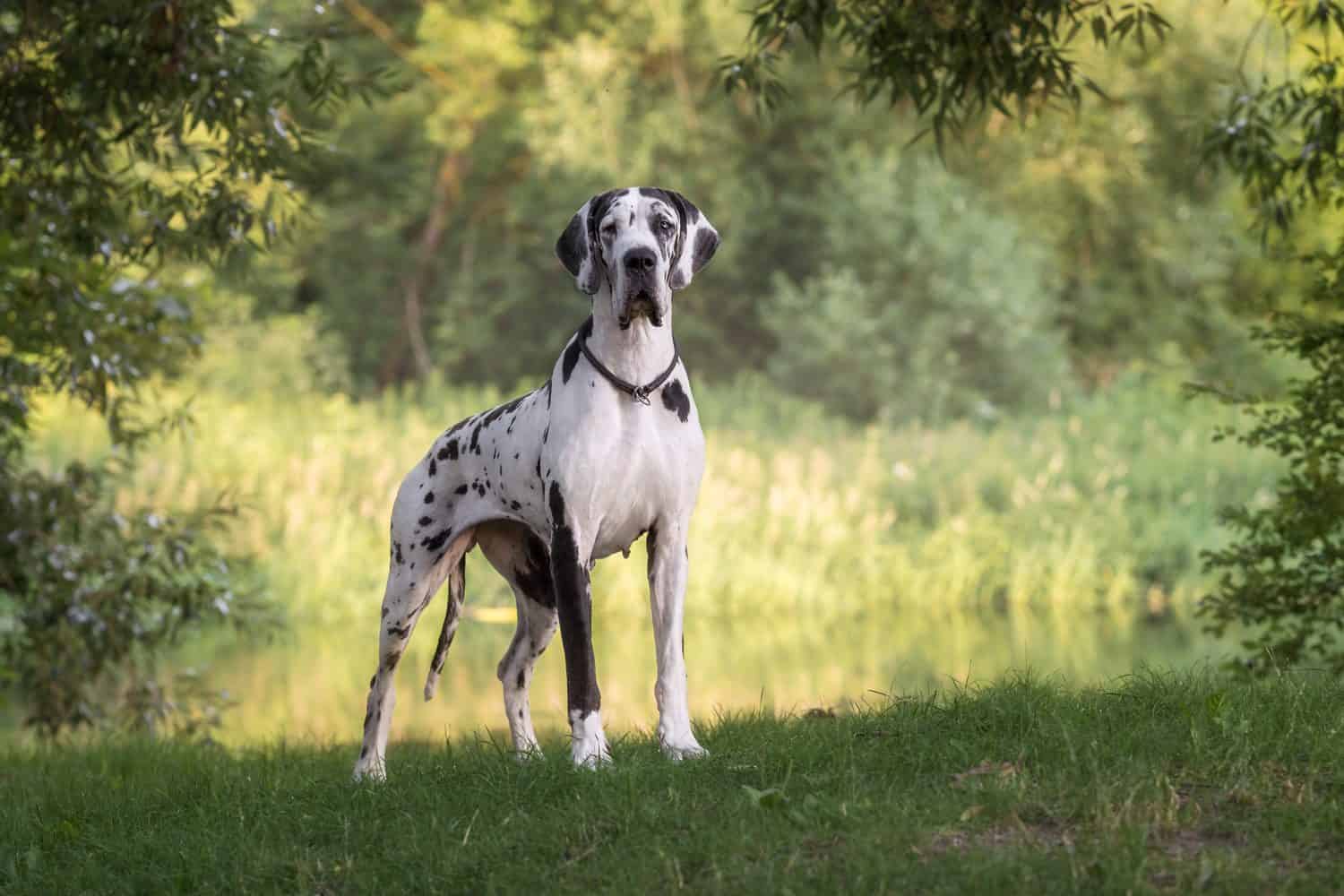
Unfortunately, some dog breeds are more susceptible to diseases and other medical conditions than others. In these cases, you must plan ahead. Take the Great Dane, for example. This dog is susceptible to stomach flipping, which can’t be fixed in any other way than with surgery. Many dog owners prefer to get the preventive surgery instead of waiting until the inevitable happens (which could be deadly).
When you know what kinds of medical issues your puppy may develop, you can work preventively to support their health. Sometimes that means surgery but in other cases, it could be minding their diet carefully or taking them in to see the vet more frequently to keep a close eye on any developing conditions.
8. Ask Your Breeder: What Vet Care and Vaccinations Has the Puppy Had?
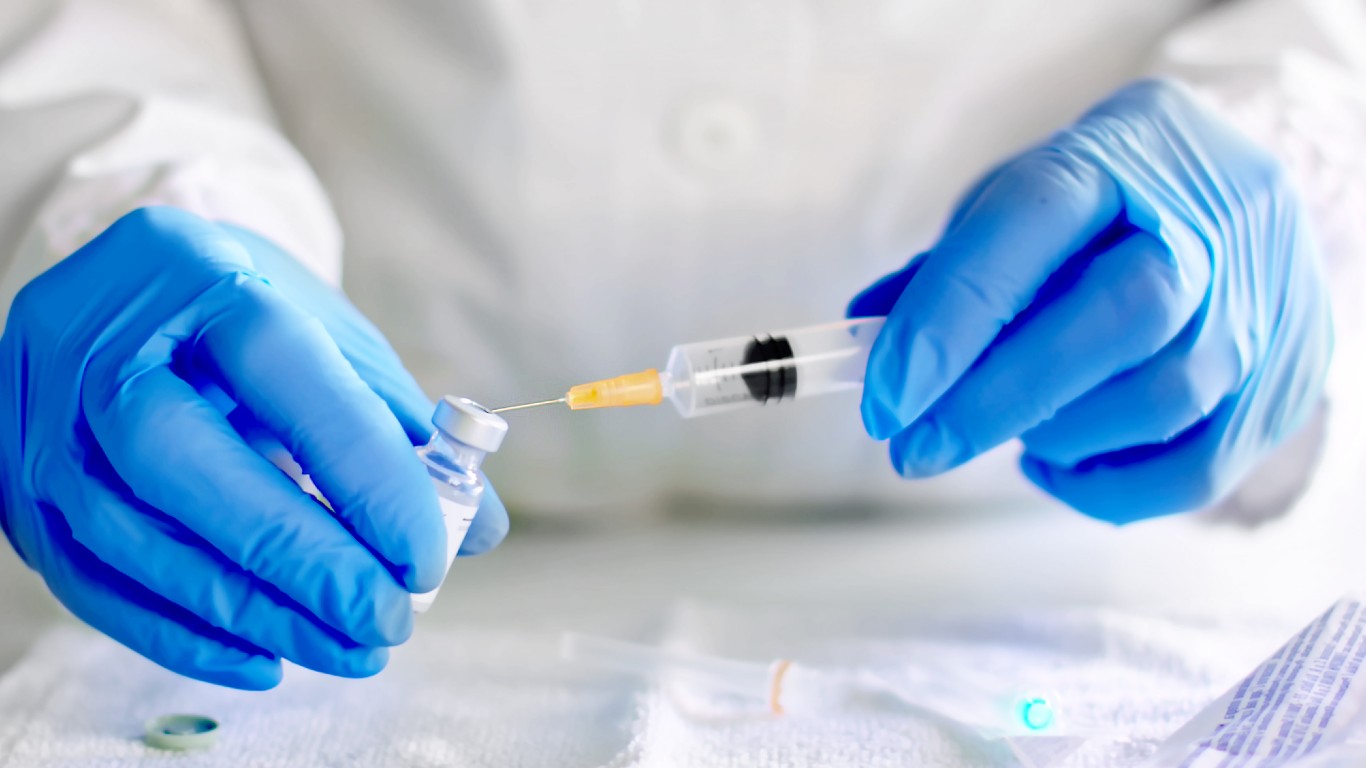
Vaccinations for puppies are vital for their health. They help to prevent illnesses and in many cases, medical care is unavailable until a dog is properly vaccinated, including a rabies vaccine. Even if a puppy isn’t vaccinated, veterinarians will include vaccinations as a part of care and treatment.
But if you are purchasing a puppy from a breeder, it’s their responsibility to provide professional veterinary care. They typically take care of initial vaccinations and sometimes cover the spay/neuter surgery (which you see reflected in the purchase price). The healthier your puppy is upfront, the more you can rest easy, knowing you have a furry friend for many years to come.
9. Ask Yourself: What Are My Plans For Training the Puppy?
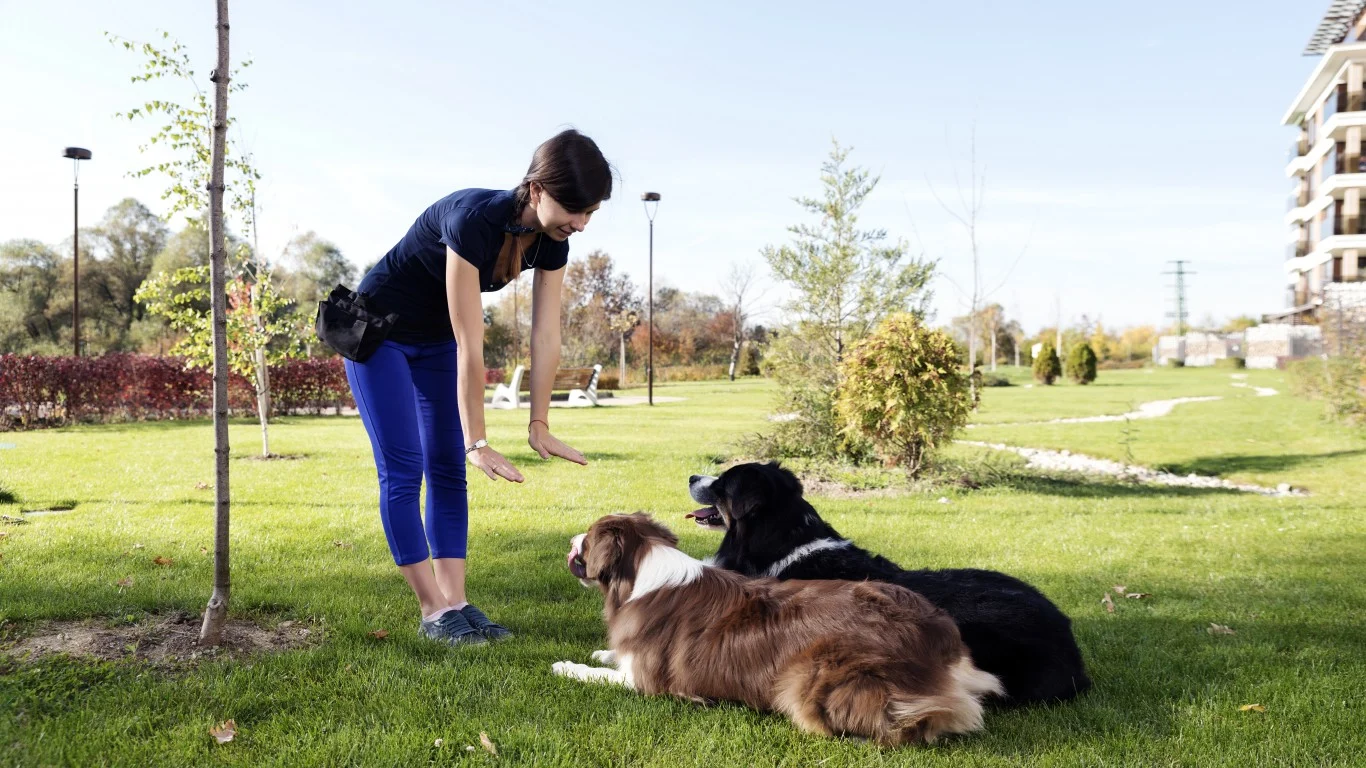
Puppies purchased from a reputable breeder are housebroken before they make it to your home. However, the younger your puppy, the more likely you will need to continue potty training at home. It’s wonderful if you have the time to train your puppy on your own as it’s a bonding experience. However, you may also need to consider a professional trainer, especially if you have a high-energy pup.
10. Ask Your Breeder: Do You Provide a Health Guarantee?

A health guarantee is part of protecting your puppy. When a breeder provides one, they are confirming that the new puppy is in good health. This guarantee also allows for a refund or replacement should your puppy become ill. It’s a way to protect your purchase. Reputable breeders have puppies tested for various genetic conditions their breed can develop and provide test results as soon as they’re available.
